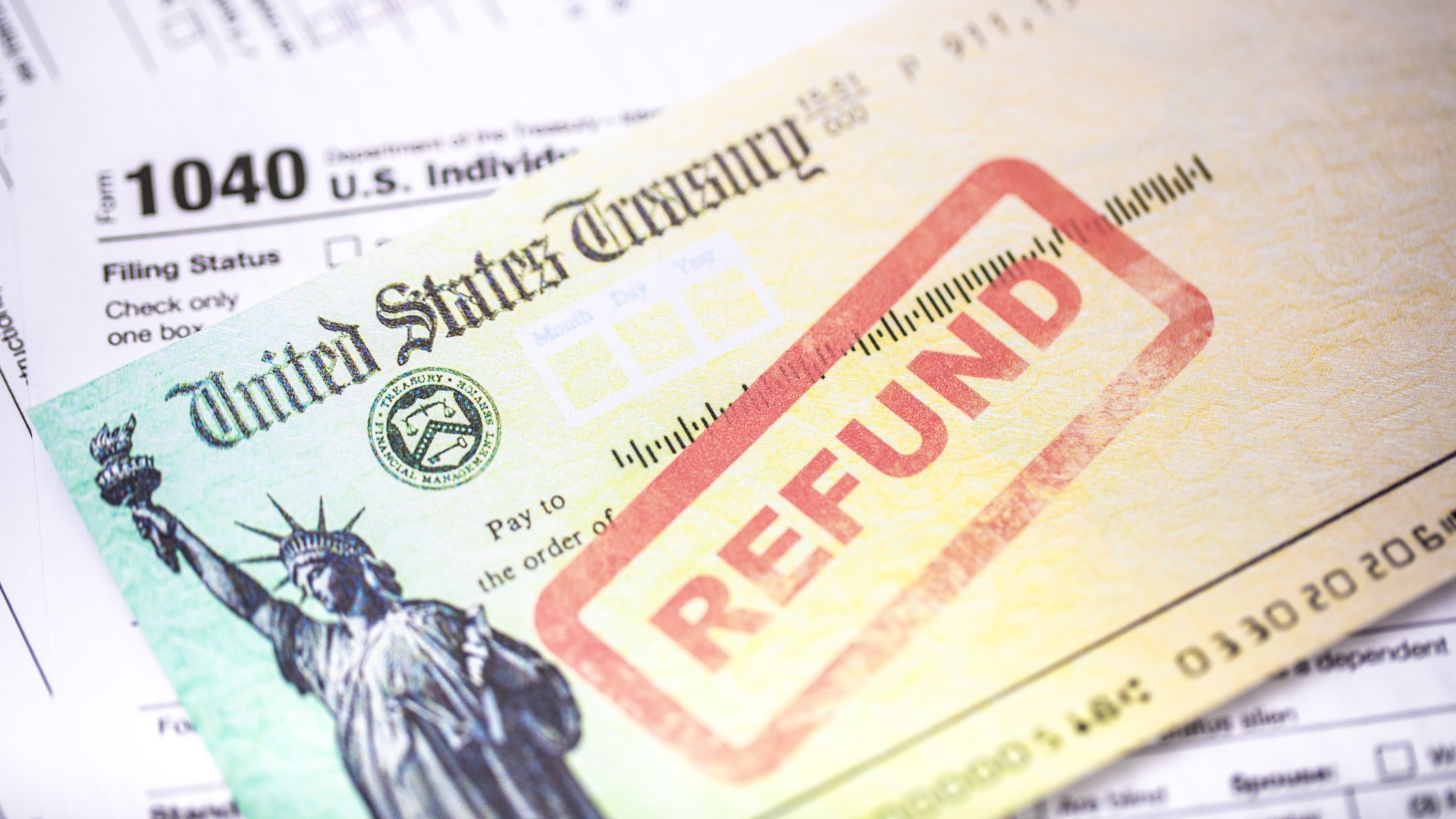

Running a restaurant is unlike any other business, which means restaurant accounting is not the same as other business models. The margins are razor-thin, the cash flow is unpredictable, and every dollar matters. Yet most restaurant owners work with accountants who treat their business like any other retail operation—and that’s a costly mistake.
After years of working with restaurants and having an experienced restaurant operator on our team, we’ve seen the same blind spots repeatedly cost our clients thousands of dollars. Here’s what traditional accountants miss and how it impacts your bottom line.
Most accountants will tell you to keep food costs around 28-32% of revenue, or they simply won’t provide you with performance indicators at all. They’re missing the deeper operational insights that actually drive profitability.
What they miss:
The cost to you: Without understanding which dishes are actually profitable and which ingredients are driving waste, you could be losing 3-5% of your revenue to inefficiencies. On a $2 million restaurant, that’s $60,000-$100,000 annually.
Traditional accountants look at labor as a simple percentage of sales, usually targeting 25-30%, which is way too high. Restaurants don’t operate like other businesses. You can’t always send servers home mid-shift when it’s slow, and you need a minimum crew regardless of sales volume.
What they miss:
The cost to you: Poor labor scheduling and high turnover can inflate your labor costs by 5-8% above optimal levels. This could mean $50,000-$80,000 in unnecessary labor expenses annually for a typical restaurant.
Most accountants treat inventory like a simple asset on the balance sheet. They might calculate inventory turns, but they don’t understand the operational implications of those numbers.
What they miss:
The cost to you: Suboptimal inventory management typically costs restaurants 2-4% of revenue through waste, spoilage, and emergency purchasing at premium prices.
Generic cash flow projections fail to account for the unique patterns of the restaurant business—weekend rushes, seasonal variations, weather impacts, and local event calendars.
What they miss:
The cost to you: Poor cash flow planning can force you into expensive short-term financing or cause you to miss growth opportunities. Emergency loans often cost 2-3x more than planned financing.
Traditional accountants often view restaurant technology as an expense rather than an investment. They don’t understand how the right POS system, inventory management software, or scheduling tools can transform your operations.
What they miss:
The cost to you: Using outdated systems or missing technology opportunities can cost you 2-3% in operational efficiency while competitors gain market share.
When you work with accountants who truly understand restaurant operations, the conversation changes completely. Instead of just reporting what happened last month, we’re helping you optimize for next month.
Our restaurant consultant brings 15+ years of hands-on experience managing everything from quick-service to fine dining. This means we understand:
Our clients typically see:
If your accountant can’t answer these questions or doesn’t think they’re relevant, you’re leaving money on the table.
Your restaurant is unique, complex, and full of opportunities that generic accounting firms simply can’t see. Don’t let another month go by with advisors who don’t understand your industry.
Ready to work with accountants who speak restaurant?
Contact us for a complimentary operational review where we’ll analyze your current financial performance through a restaurant operator’s lens. We’ll identify specific opportunities to improve your profitability and show you exactly what traditional accounting has been missing.
Schedule Your Free Restaurant Financial Review
Because your restaurant deserves accountants who understand that food cost is more than just a percentage, labor is more than just an expense, and success requires more than just generic financial reporting.
Have questions about restaurant-specific accounting? Email us at grow@cultivateconsulting.co or call 207-800-3198. We’re here to help you turn your financial data into operational success.

Christine Gervais
Christine Gervais is a licensed CPA, using her skills to help businesses grow and achieve their fullest potential. Christine has a Master’s degree in accounting from Southern New Hampshire University in addition to holding her CPA license for over a decade. Notably, Christine is a nationally recognized speaker providing education to other CPAs on how to best serve clients as well as instruction on a wide variety of topics for business owners on how to maximize success. Christine prides herself on the value she can bring to clients with her extensive tax knowledge and provides strategic, forward-thinking financial strategies to help clients grow. When not behind her desk, you can find Christine spending quality time with her daughter and stepson or tending to the family’s excessively loved farm animals.